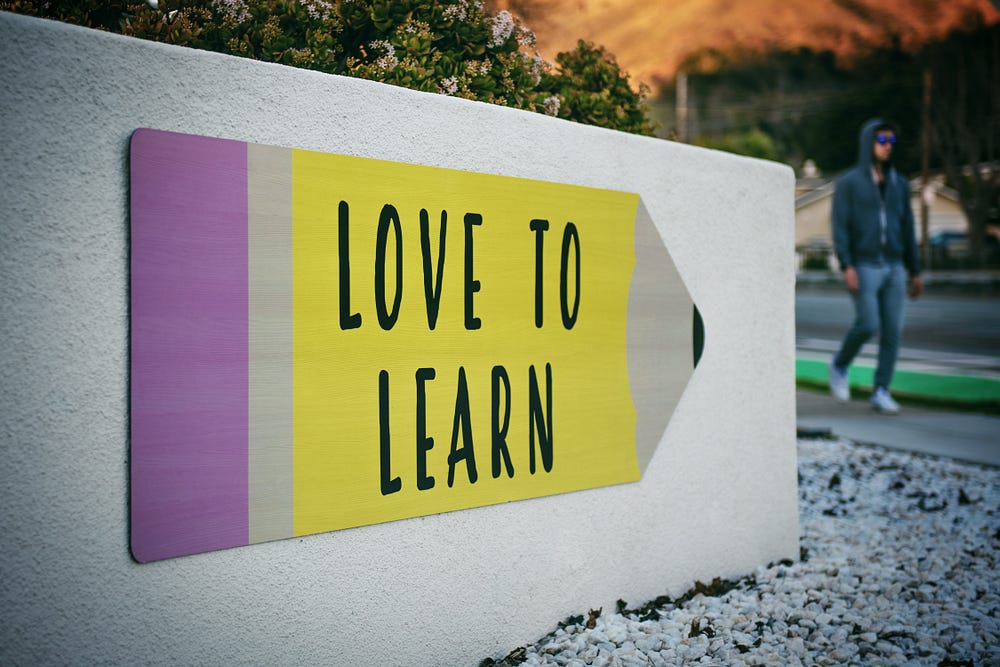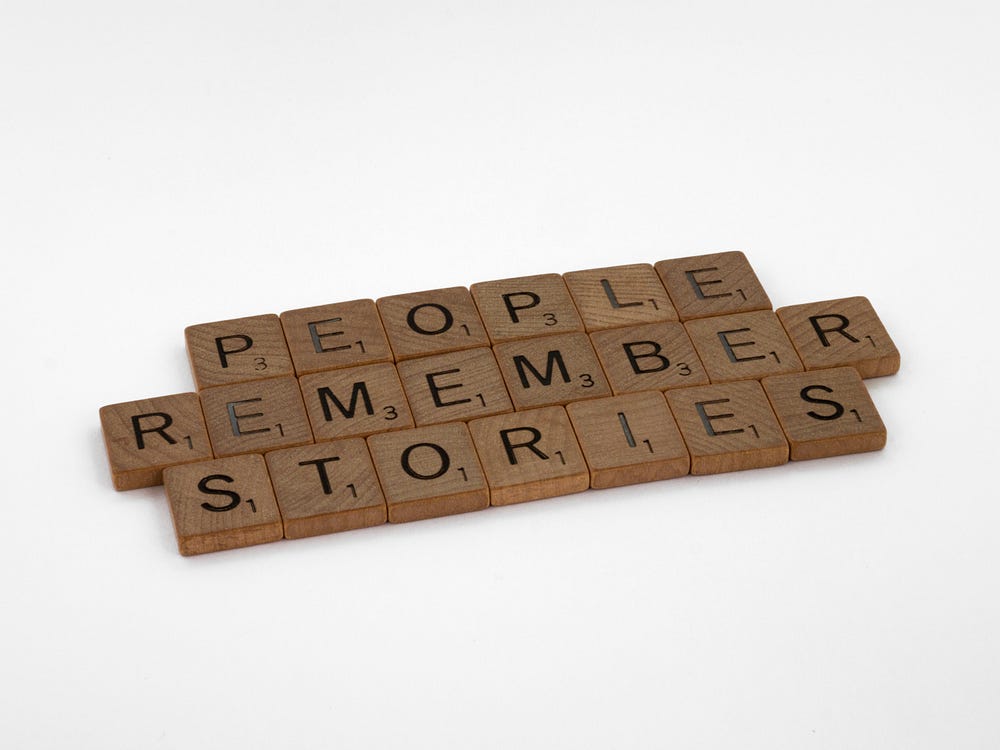Not Everybody Is Born With Supernatural Intelligence. But All Those Who Do Continuous Learning Will Succeed One Day. Read This to Know How to Be Such a One?
What is Lifelong Learning?

Lifelong learning is a type of self-directed education that emphasizes personal growth. While there is no universally accepted definition of lifelong learning, it is commonly understood to relate to learning that takes place outside of a traditional educational setting such as a school, university, or corporate training.
Lifelong learning, on the other hand, does not have to be limited to informal learning. It’s best characterized as anything done voluntarily in order to achieve personal contentment. Informal or formal education may be used to attain this goal.
Importance of lifelong learning
Lifelong learning may help us attain personal fulfillment and happiness, whether we are following personal hobbies and passions or professional goals.
It acknowledges that people have a natural need to explore, learn, and develop, and it encourages us to enhance our own quality of life and feeling of self-worth by focusing on the ideas and goals that motivate us.
Examples
Here are a few examples of lifelong learning programs you may participate in:

- Acquiring a new skill (eg. sewing, cooking, programming, public speaking, etc)
- Self-taught research (eg. learning a new language, researching a topic of interest, subscribing to a podcast, etc)
- Learning a new sport or hobby is a great way to broaden your horizons (eg. Joining martial arts, learning to ski, learning to exercise, etc)
- Getting to know how to use new technology (smart devices, new software applications, etc)
- Gaining fresh information (taking a self-interest course via online education or classroom-based course)
Check out our 10 tips to help you start a long-lasting love affair with learning.
Embracing learning opportunities is essential for lifelong learning. We must think that we have the ability to alter and grow at any point in time by applying information and experience.
No one is claiming that with enough desire and effort, we can all become the next Einstein or Beethoven, but lifelong learners think that a person’s potential is full of untapped potential. Their motivation stems from the notion that pursuing our real potential and enthusiasm via training may lead to a plethora of interesting options.
So, if it doesn’t come naturally, how can you foster this so-called development mindset? And how do you keep it if you already have it? Follow these ten suggestions to ensure that your love of studying lasts a lifetime.
1 — Accept accountability for your own learning.
We’ve all had terrible instructors and encountered various roadblocks on our way through formal education, but in the end, we’re accountable for our own learning results. When formal schooling finishes and adult life begins, this becomes more apparent than ever. The amount of work you put into obtaining information is exactly proportional to the amount of knowledge you gain.
2 — Make your own set of learning resources.
How do you go about learning? Do you listen to podcasts, scribble notes, make mental maps, or read aloud what you’ve learned? Identify the tools you use to support your own learning and develop new ones to add to your arsenal. Becoming aware of your learning style is crucial to being a successful lifelong learner.
3 — On a regular basis, try new things.
Trying new things not only keeps our minds fresh but also encourages us to think in terms of progress. When you widen your horizons, you realize there is so much more to learn about the world than you ever thought. Start volunteering, prepare a dish from another nation, or take up Pilates or Yoga.

4 — Make a “to-learn” list and establish goals for yourself.
As long as it’s yours, it can include entire languages or odd facts. Writing things down has a lasting feel to it — try it and you’ll notice the difference. Also, having a strategy is usually beneficial. As a result, some of us choose to study Italian in six weeks or perfect photography in six months. Identifying and visualizing our objectives assists us in being motivated and successful learners.

5 — When you’re unsure, ask questions.
Many of us believe that asking questions demonstrates weakness, but I believe it demonstrates growth. If you believe in yourself enough to ask for help when you need it, you’ll have no problem being a lifelong learner — and you’ll know a lot more than you would if you were too timid.
6 — Put it into practice.
If skill-based learning isn’t put into practice, it’s meaningless. Picking up a brush isn’t the same as studying painting. Put your knowledge to use and build something if it can be applied.

7 — Choose a profession that pushes you to discover new things.
Choose a profession that fosters lifelong learning. Consider transferring jobs if you don’t have much intellectual freedom in your current one. Spending forty hours a week in a job that doesn’t challenge you is a bad idea.
8 — Have interests and projects.
It may appear to be a simple concept, yet tasks and hobbies may quickly slip away from us when we aren’t paying attention. Sure, you can pick up knitting or read a Shakespeare play every other morning while watching Breaking Bad after work, but what if you also pick up knitting or read a Shakespeare play every other morning? It won’t seem like work until you’ve established a habit (which generally takes only a few days).
9 — Boost your memory power.
Learning may become difficult if you can’t recall what you’ve been taught. There are a variety of strategies that can help you enhance your working memory capacity so you can remember more of what you’ve learned.

10 — Be efficient
This is certainly something you learned in college, but it’s worth repeating. Cramming is not an effective method of learning. The finest learning happens when you alternate moments of intense attention with intervals of mind wandering. Relaxing while studying may seem contradictory, but it will help you retain more knowledge!
Consider using the Pomodoro Technique, which suggests working for 25 minutes and then taking a five-minute rest. And, to avoid overloading your brain, remember to focus on tiny bits of knowledge at a time throughout this burst of learning!
Extra free-tip
Keep practicing. Don’t forget this saying, perfect practice makes a man perfect.

This adage emphasizes the necessity of continual practice in order to master any topic. There is no substitute for hard effort and achievement. If we want to achieve in a specific field, we must practice on a regular basis. Nobody can excel in their area unless they practice on a regular basis. A guy can only accomplish his goal and excel in his profession via consistent practice. Knowledge is important, but it won’t get us where we want to go if we don’t practice. We must turn our knowledge into action, which necessitates consistent practice.
We cannot master an area if we do not practice it. Continuous practice is required if we are to learn anything in the world. As a result, the most important thing is to practice. A person’s performance may be improved by taking action that is well-planned and practiced on a regular basis. Practice is the finest habit to acquire, and if we do so from a young age with the aid of our parents and instructors, we will never fall behind.
Benefits of lifelong learning
Incorporating lifelong learning in your life can offer many long-term benefits, including:
1 — Renewed self-motivation
We might get trapped in a rut doing things we don’t want to do, such as going to work or cleaning the house. Finding out what motivates you puts you back in control and reminds you that you can do everything you set your mind to.
2 — Recognition of personal interests and goals
Reigniting what makes you unique as a person may help you avoid monotony, make life more exciting, and even offer up new chances in the future. If you focus on your hobbies, you never know where they will lead you.
3 — Improvement in other personal and professional skills
While we’re learning a new talent or gaining new information, we’re simultaneously developing other important abilities that will benefit us in both our personal and professional life.
This is due to the fact that learning anything new necessitates the application of other abilities. Learning to sew, for example, necessitates problem-solving. Learning to draw necessitates the development of imagination.
Interpersonal skills, creativity, problem-solving, critical thinking, leadership, introspection, adaptation, and other talents may all be developed.
4 — Improved self-confidence
Gaining greater information or skills in a certain area may boost our self-esteem in both our personal and professional life.

- This confidence might come from the satisfaction of investing time and effort in learning and developing, which gives us a sense of achievement in our daily life.
- This self-confidence may be shown in our work life as a feeling of faith in our knowledge and capacity to apply what we’ve learned.
Most people will learn something new during their daily routine just by conversing with others, perusing the internet for personal interests, reading the newspaper, or indulging in personal interests.
If, on the other hand, learning something new is critical for personal, familial, or professional reasons.
Don’t forget to keep learning. Following some of these suggestions on a regular basis can help you live a more full, fascinating, and exciting life. Who wouldn’t want that?
Hope it can help. Share your thoughts too.
Comments
Post a Comment